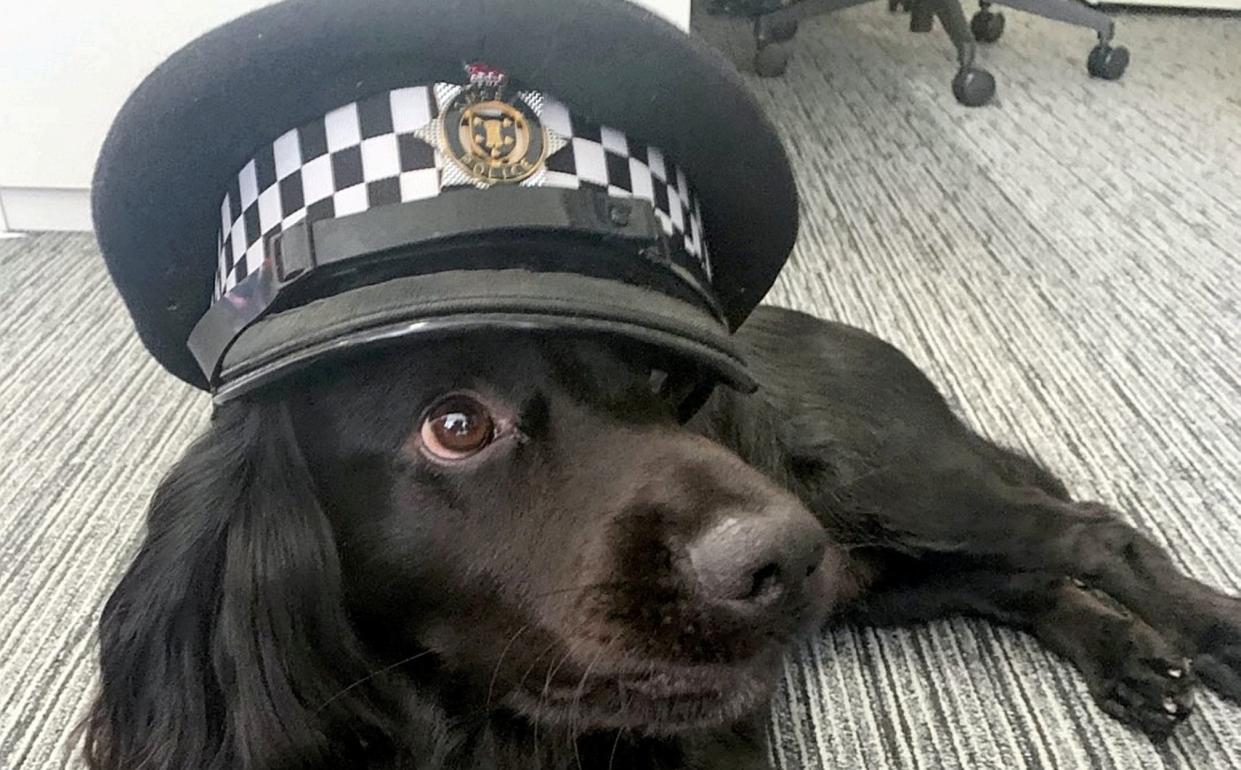Police failing to solve almost all dog thefts, as Kennel Club seeks change to law

Police solved just two per cent of dog thefts in the UK last year, official figures show.
Adoption levels of dogs reached record levels during the 2020 lockdowns but the boom of so-called pandemic puppies was also accompanied by a spike in dog-related crimes.
An investigation by the Kennel Club found that there were 2,355 instances of dognapping in the UK in 2020, up seven per cent from 2019.
The Kennel Club asked for data on dog thefts in 2020 and 2019 from the 45 police forces across the UK under the Freedom of Information Act. Only 36 responded with data on the number of instances, and just 27 had data available on case outcomes of reported dog thefts.
It revealed that in 98 per cent of cases a culprit is never apprehended for their crime, which sees beloved companions prised from the arms of their doting families.
The Kennel Club is now mounting a new campaign, called “Paw and Order: Dog Theft Reform”, in which it calls for a centralised database containing information on dog thefts that can be shared by various police forces.
There is also growing momentum to reclassify how dog theft is viewed and treated in the eyes of law enforcement.
Currently, sentences depend on the monetary value of the stolen animal and fail to take into account the emotional anguish inflicted on both dog and owner who are often violently separated.
“Dog theft has devastating consequences for both the owners and the pets involved and it is quite frankly jaw dropping that 98 per cent of cases never result in a criminal charge, and in more than half no suspect is ever identified,” said Bill Lambert, health, welfare and breeder services executive, The Kennel Club.
“Not only that, but when a suspect is found and sentenced, dog theft is often treated no more seriously than a petty crime, despite the fact that there is nothing ‘petty’ about pet theft.”
The North West (14 per cent), London (14 per cent) and the South East (13 per cent) are the three areas of the UK most plagued by dog theft.
The Kennel Club says it is still rare for a dog to be stolen, but owners should take precautions where possible by microchipping their pets, teaching them good recall, and not leaving them unsupervised .
Ivy, a bulldog puppy who was just seven months old, was staying in London with the adult son of her owners, Jo and Robert Powell, when she was abducted.
“She was stolen from his living room – the thieves came over the garden fence and broke into the house through doors that connect the house and the garden,” Mr and Mrs Powell said.
The Metropolitan police were involved and helped set up an appeal for information, but no leads arose from the campaign.
Like so many other heartbroken owners of snatched pooches, Mr and Mrs Powell feel there is no hope of recovering Ivy, and that police are often under-resourced to tackle such crimes.
Using social media to help
As a result, many local areas now have dedicated WhatsApp groups of watchful dog lovers, keeping an eye out for would-be dog thieves and turning into vigilantes to rescue a nabbed pet.
“Of course any crime must be reported to the police, but these statistics show that outcomes for dog owners who have reported their beloved pet as stolen are very poor,” said Mr Lambert.
“We would encourage owners to post on social media which can raise awareness and help to make stolen dogs ‘too hot to handle’ and we would also encourage owners to contact their microchip database, local vets, and dog wardens, and try and get the local community to keep eyes and ears out.”

